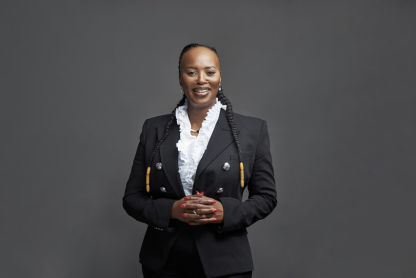Deciding to get a tertiary qualification is a big commitment and investment both financially time-wise and in effort. Here are costs to consider
According to a Department of Higher Education 2015 report 47.9% of South African university students do not complete their degrees. This high drop-out rate is not only due to poor academic performance but also because many students run out of money before they graduate, even with government funding for some students.
Starting a course that you can’t afford to complete, makes it much less likely you’ll ever go back and get the qualification.
Whether you’re able to obtain a NASFAS loan or bursary or your parents or relatives apply for a loan to help you, here are some things to think about:
Can you afford the university or college you want to attend?
You may have your sights set on a particular institution, but it’s worth doing some research. First-year university fees for a BA-degree in 2017 varied from R34 254 to R49 440 – a difference of over R15 000.
Also, bear in mind that in South Africa only public institutions can call themselves universities. Private higher education institutions can offer exactly the same range of qualifications up to doctoral degree level, but may not use the term ‘university’ even though they are subject to the same regulation and quality assurance.
It’s sensible to research all the options that are available before deciding which is the best for you. You can find a list of accredited institutions on the website of the South African Qualifications Authority and follow the Qualifications and Part Qualification link. Remember, the most expensive may not always be the best option for you.
Other than tuition fees, what other costs should you consider?
Remember that in addition to the course fees you’ll have to pay application and registration fees. Some bursaries and funders do not pay these costs.
If the institution is far from home you’ll have to budget for food, accommodation, and possibly data or wifi connectivity. If you’re staying at home, you may be lucky enough not to have to worry about rent, food or data, but may need to pay for transport.
It’s a choice that television and radio personality, Carissa Cupido, faced. Her dream university was Rhodes, but because she could not afford the tuition and student accommodation, she chose UCT so she could stay at home and save on some costs.
She says that even if you save on accommodation you will always have to pay for books, other course material, stationery and possibly a laptop or other electronic device. Most reputable institutions will provide information on what you’ll need, where to get it and what it will cost. If you can, it’s also worth speaking to students or lecturers to check this information and find out if you can buy second-hand books or other equipment you’ll need.
Carissa was able to save money by downloading textbooks that were available online or finding second-hand copies.
Her other tips for managing your finances while you’re studying are:
· Get a part-time job. Ideally look for options that fit your studies, such as tutoring school children or your fellow students.
· Keep an eye out for student discounts. Many shops have student specials and discount days. Take advantage of these whenever you can.
· Work out a budget and stick to it. Ask someone with experience to help figure out a weekly or monthly budget and then make sure you stay within it.
Are you getting value for money?
There’s more to tertiary institutions than just academic life, particularly if you’re planning to spend three or more years of your life earning a qualification. If you can, visit the campus beforehand to get a feel for it and to check out the facilities.
Ask about student support such as tutoring, guidance or career counselling.
You won’t spend all your time studying, so also consider what non-academic activities and facilities are provided. Find out what sports are offered and if there are other clubs and societies that interest you.
Words: Carissa Cupido, TV and radio personality and Marlies Kappers, head of marketing at DirectAxis
Image: Pinterest











